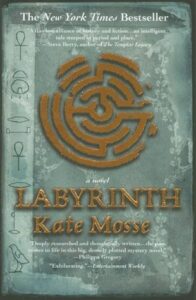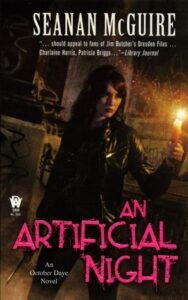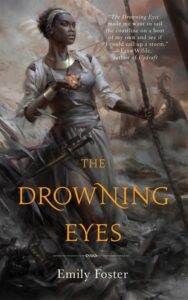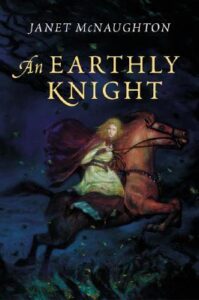 Labyrinth, Kate Mosse
Labyrinth, Kate Mosse
I read this ages ago alongside my sister, and while we both had problems with it, we did enjoy it. I always kind of wanted to recapture that reading moment, so I gave it a try.
The book follows Alice, in the present, and Alais, a medieval woman living in Carcassone at the time of the Cathar heresy. Alice gets caught up in what happened to Alais, who turns out to have been her ancestor, as history replays itself in the modern world, everyone focused on obtaining the secrets that Alais found herself guarding. The secret, of course, of the grail.
Now, being a medievalist for the most part as a student, I have strong feelings about grail stories. The way people take them seriously as if there really was a Holy Grail drives me batty: I’ll show you the textual origins of the grail, if you like. They’re no older than Chrétien de Troyes, greatly enlarged upon by the continuations of his unfinished tale, and often taking their cue from Robert de Boron, who wove the whole explicitly religious tapestry around a bare mention of a graal in Chrétien’s unfinished story. Labyrinth… does not irritate me too terribly on this front. The problem is that the writing is not great, explaining things that are obvious and ruining the impact of any similes and metaphors by promptly just stating what they meant afterwards.
(One example, pulled from someone else’s review: “Baillard … felt the years falling away, a sudden absence of age and experience. He felt young again.”)
It’s pretty humdrum in execution: there are no surprises in the links between Alais and Alice, and there’s a whole romance element that just feels cheap. There is a good sense of place and the impression that research has been done in the portrayal of medieval Carcassone, and then that’s undermined by the opening where Alice is working on an archaeological site and just… pulls things out of the ground, without recording context, without any preparation for conservation… nothing.
In this case, looks like you can’t go back: my enjoyment of the book was of its moment, and can’t be recaptured. Ah well.




